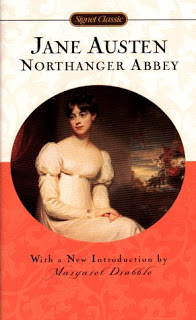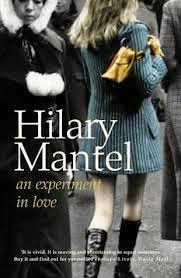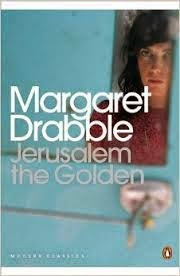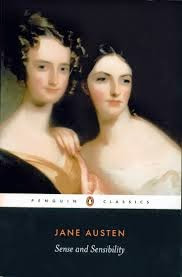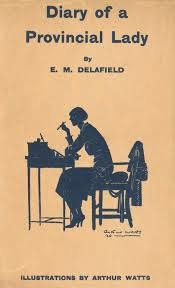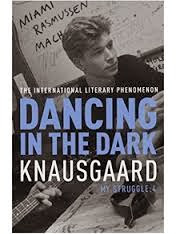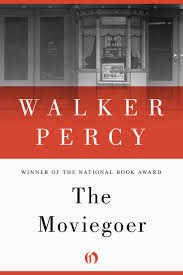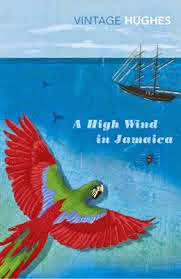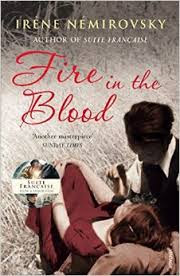
Irene Nemirovsky is famous for SUITE FRANCAISE, a novel about the German invasion of France, which she wrote during the German invasion of France. It’s a fantastic novel, and was almost lost to the world, as Nemirovsky died in a concentration camp while the book was still in draft. Her daughter took a suitcase of her mother’s papers around with her for fifty years, and never opened it, fearing it would be too upsetting; and only at the end of her life finally unpacked it and found the novel. FIRE IN THE BLOOD was similarly found in some old papers of Nemirovsky’s and while not for me as great as SUITE FRANCAISE, is still a very fine novel. The theme is covered in the opening quotation, from one of the favourite novelists of this blog: Marcel Proust.
We do not receive wisdom, we must discover it for ourselves, after a journey through the wilderness which no one else can make for us, which no one can spare us, for our wisdom is the point of view from which we come at last to regard the world. The lives that you admire, the attitude that seem noble to you, have not been shaped by a paterfamilias or a schoolmaster, they have sprung from very different beginnings, having been influenced by everything evil or commonplace that prevailed around them. The represent a struggle and a victory.
The story is told from the perspective of an older man, who watches with fascination his young niece cheating on her husband.
It wasn’t just about the pleasures of the flesh. No, it wasn’t that simple. The flesh is easy to satisfy. It’s the heart that is insatiable, the heart that needs to love, to despair, to burn with any kind of fire . . . that was what we wanted.
He feels that his old age has come on him unexpectedly, and references a charming old French proverb – “The days drag on while they years fly by”. He has much to say on the relative serenity of middle age:
“They are happy with themselves. They have renounced the vain attempts of youth to adapt the world to their desires. They have failed, and, now, they can relax. In a few years they will once again be troubled by great anxiety, but this time it will be a fear of death; it will have a strange effect on their tastes, it will make them indifferent, or eccentric, or moody, incomprehensible to their families, strangers to their children. But between the ages of forty and sixty they enjoy a precarious sense of tranquility.”
The niece’s mother is presented throughout as a sweet older lady, but we slowly learn that the narrator was in his time her lover. She was then married to a dying old man, and so wouldn’t sleep with him. He left her to travel to Africa to recover. He suffered much over this at the time, but really at heart this is a dark little novel, about how all our sufferings will eventually be eroded by time, till nothing much is left. Here he is, last line of the novel, the last time he saw her before he left for Africa:
“Helene,” the dying man called out, “Helene.” We didn’t move. She seemed to be drinking me in, breathing in my heart. As for me, by the time I finally let her go I knew I had already begun to love her less.

